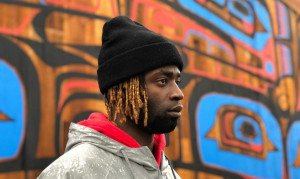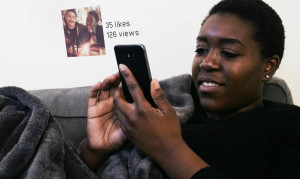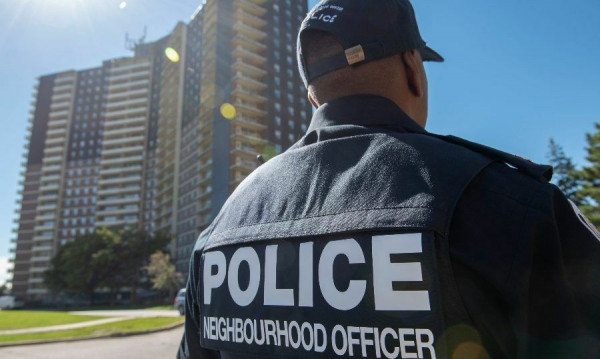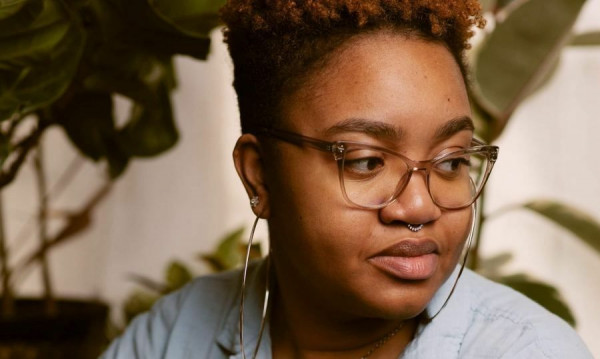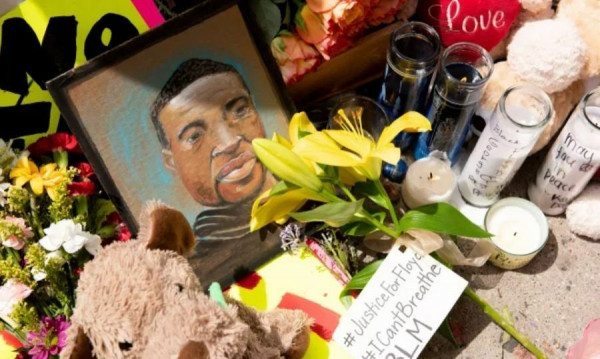Directed by Kwesi Thomas and Mark Bone, the film captures how it feels to be in the midst of an ongoing battle by exploring the cruel, subtle, and often overlooked elements of racism Black people silently struggle with. It also sheds light on the effects of George Floyd’s murder on the Black Canadian community. How does all this leave us questioning our identity?
“Everyone takes their identity from society and the people around them, so if that image is negative it will become their identity and they'll never be able to achieve anything,” says Kwesi Thomas. “Historically, most Black nations have been less wealthy than white nations as a result of colonialism and slavery, which are all effects of racism.”
Thomas, born to a Ghanaian father and a white Canadian mother, is one of many mixed-race people who considers himself more Black than white because his darker features have always caused him to be perceived as Black.
His father left when he was three years old so Thomas was raised solely by his white mom. Since he attended a predominantly white school, he found it difficult to figure out his identity or what it meant to be Black. He strongly believes that children who grow up in a racist society are always conscious of themselves; they're riddled with insecurities. As the only Black child at school, there were multiple occasions when he was forced to think about how society dealt differently with others like him.
“I stood out like a sore thumb and everyone around me tried to figure out who I was by fitting me into a box,” says Thomas. “They assumed that I was like African Americans they saw in movies, yet here I was, growing up right alongside them within the same Canadian culture.”
All that contemplation at such a young age led him to study Philosophy. “I spent a lot of time thinking about how people related to me and how we understand ourselves and each other,” says Thomas, who is going after a Ph.D. in Philosophy this September.
The murder of George Floyd took a heavy toll on Thomas. “It was hard because I’ve experienced racism my whole life but felt as if nobody cared until George Floyd,” Thomas says. I wish this awareness happened before my childhood was marred by racist experiences.”
Thomas was pondering some of those experiences when his friend Mark Bone, a professional documentarian who happens to be white, reached out. Bone asked Thomas if he could reflect on his experiences, specifically on whether he had ever done anything to offend him. This conversation about racism between two friends led to the documentary Battleground, which features Thomas and several other Black Torontonians brave enough to share their painful encounters with racism. One of the members of this group is none other than Poet Laureate, George Elliott Clarke.
“We wanted to relay people’s stories in a way that stamps out any skepticism regarding racism in Canada,” explains Thomas. “I've heard some people argue there's no racism here but then how do you explain these stories?”
The documentary covers Black Lives Matter protests over police brutality, racial profiling, dehumanizing insults, the unfair distribution of wealth, beauty standards, and the challenges of raising a mixed-race kid within the exhausting reality of systemic racism. It also highlights white folks who were ahead of their time by standing with Black people and actively engaging in the fight against racism. Thomas and Bone thought placing the stories on film for posterity would make them more accessible than a random social media post. They also believed it was the perfect time to do so because people had never been more willing to listen.
Although the stories focus primarily on the Black lived experience, the primary target audience for the film are members of the white community who refuse to acknowledge the existence of racism in Canada.
“I want those people to walk away with more empathy for others,” Thomas says of his hopes for the film. “I want them to understand that racism is rampant here and we must do something to tackle it."
At one point in the film, Thomas says, “Loving takes you further than not hating.” The idea behind the statement being, love alone can open the door to conversation, progress, and growth.
Thomas is of the view that while there is some progress happening right now, there's a lot of regress and pushback as well. He thinks the future is yet to be determined and the end of racism will not be possible through the effort of a single person.
“The collective action we take is what will ultimately determine the future,” says Thomas.
He believes it is integral for the Black community to come together to change the way the system operates in North America.
“We have an opportunity to fight and make the world a better place, but we need to face this challenge and not shy away from it,” Thomas says, reinforcing the idea that Black youth are part of something bigger than just themselves. “We owe it to ourselves and future generations to try and make the world a better place before we leave it." As a testament to this viewpoint, the film’s closing credits reveal the documentary has been made in the memory of Black people in North America who have died at the hands of the police.
Battleground has been well received and is Vimeo’s Staff Pick Premiere.
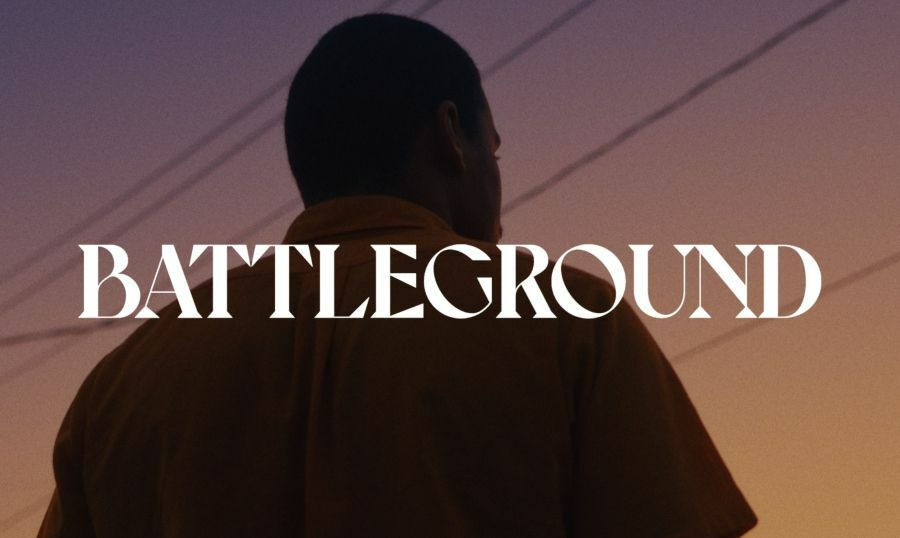
 By
By 




